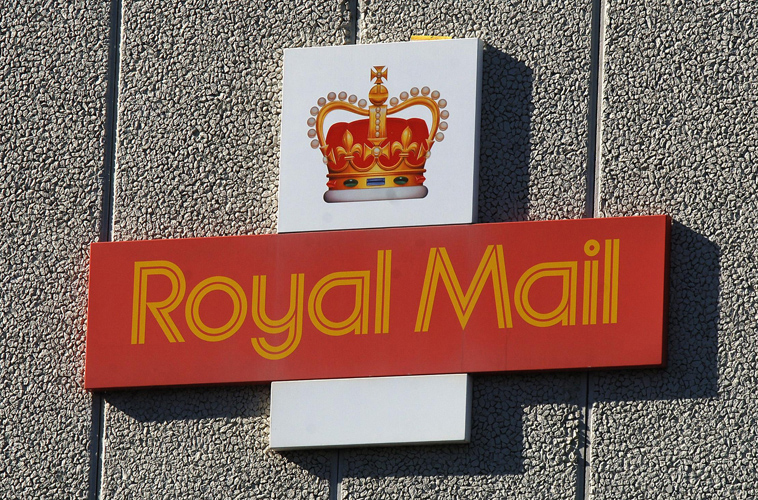
The water companies failed to meet various targets set for them on environmental matters, such as pollution, and service, including leaks.
In 2020, water companies made a commitment to Ofwat that pollution incidents would drop by a third (30%) in the five-year period up to 2025.
However, there had been just a 2% dip in incidents since then, according to the Water Company Performance Report‘s results, published by Ofwat.
The companies had a 15% rate of incidents falling between 2019 and 2022, but after a spurt of pollution issues in 2023, that rate dropped to 2%.
During 2023, nine out of the 11 water firms in the UK had more pollution incidents than the year before and just one company met the performance commitment level.

Why Life Insurance Still Matters – Even During a Cost-of-Living Crisis
Sponsored by Post Office
As a result of rising leaks and pollution, customer satisfaction has deteriorated to its lowest point since Ofwat introduced the measure in 2020.
This signifies a large drop in levels for two years, where half of the companies met the required levels and four outperformed them by 10%. The regulator categorises the firms based on performance and South East Water, South West Water (Bristol region), Thames Water and Yorkshire Water all improved from ‘lagging behind’ to ‘average’.
Lower in the ranks were Anglian Water, Dŵr Cymru Welsh Water and Southern Water, which were all considered to be ‘lagging behind’ and have been tasked with implementing a service improvement plan.
Since 2020, the penalties enforced by Ofwat have totalled more than £430m.
Despite the fall in standards among some firms, Thames Water said the price for your household water bills could be set to rise to £228 per year in 2030. This is due to the largest water company in the UK claiming it would not be able to survive without a monthly increase of £18.99.
The regulator proposed that most companies can add to a bill for the increase to stand at £19 per year, but firms such as Thames Water have rallied against it.
Ofwat will not know how much of the fine will be used to chip away at customers’ bills until December. Water companies can defer the amount contributed to the bill, but customers will always see the benefit of the payment at some stage.
This year, Ofwat believe the amount of deferred payments will be less, so more will be put towards coming off of households’ water bills.
‘Money alone will not bring improvements’
But David Black, Ofwat’s CEO, said: “This year’s performance report is stark evidence that money alone will not bring the sustained improvements that customers rightly expect.
“It is clear that companies need to change and that has to start with addressing issues of culture and leadership. Too often we hear that weather, third parties or external factors are blamed for shortcomings.
“Companies must implement actions now to improve performance, be more dynamic, agile and on the front foot of issues, and not wait until the Government or regulators tell them to act. As we look towards the next price control, the challenge for water companies is to match the investment with the changes in company culture and performance that are essential to deliver lasting change.”
Black added: “However, we are beginning to see that some companies are beginning to change their culture and adopt a more innovative and forward-thinking approach to tackling pollution. Severn Trent is taking action to cut sewage overflows with 617 improvements at 467 sites, delivered by over 400 specialist employees with plans in place for further investment. We need to see more firms showing the same sense of urgency and action.”




